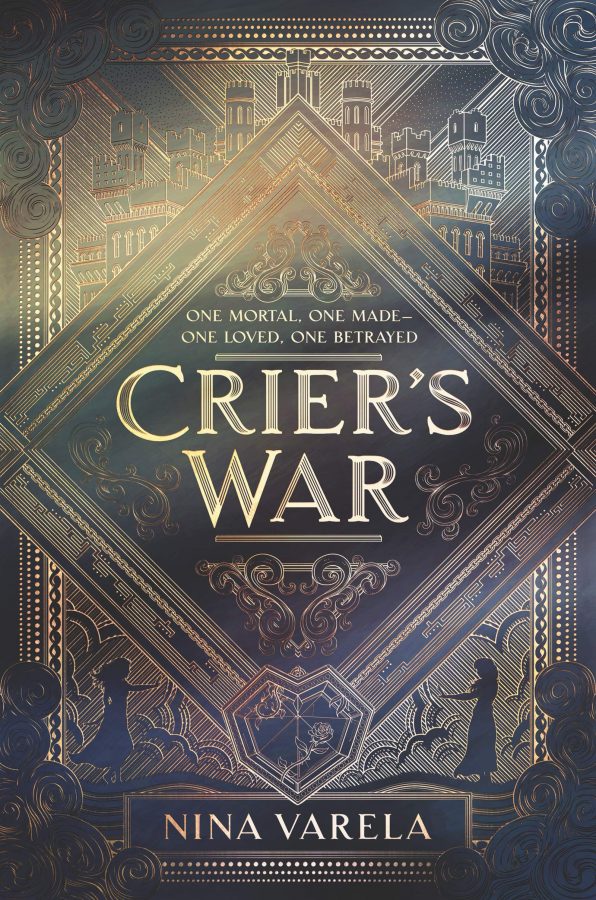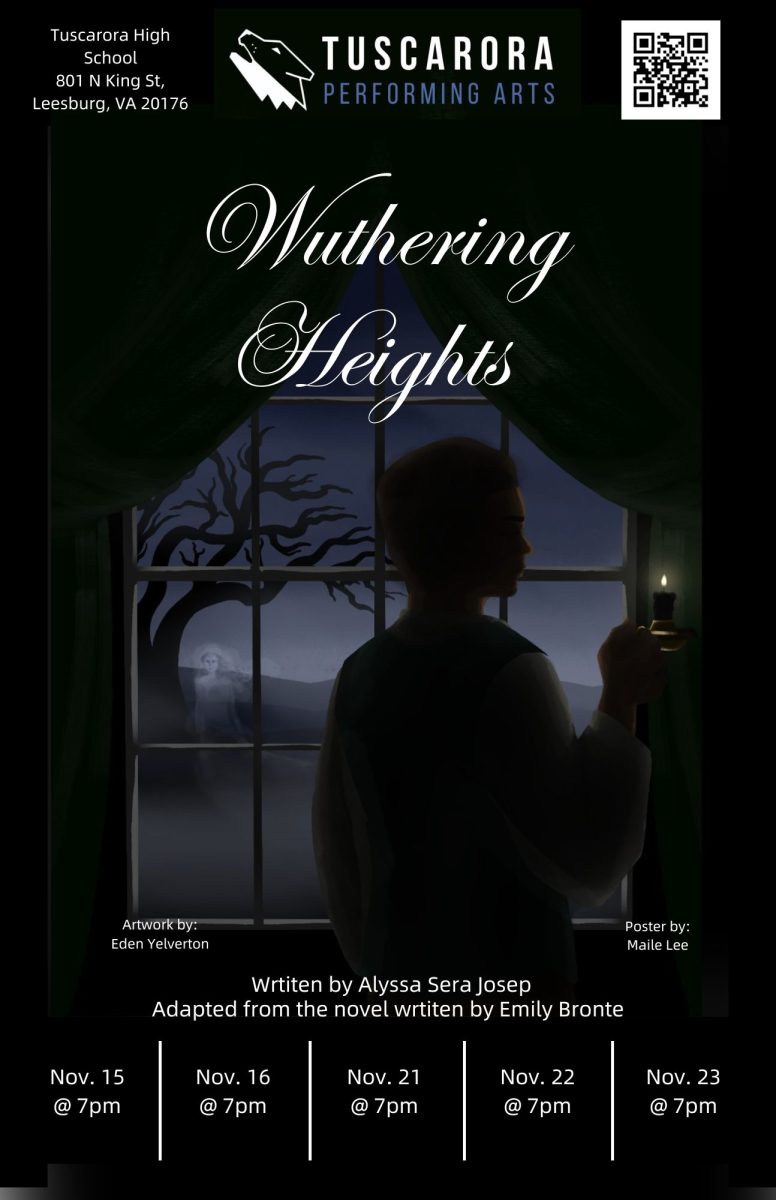By — Danny Kistner
I was more than disappointed for this fantasy novel that seemed far too promising at face value; a non-heterosexual romance, representation of people of color, the potentiality of an in-depth discussion of colonialism and appropriation, but this book broke every promise. Nina Varela delivered, instead, half-baked politics within a world even less developed and characters so stupid you could only wonder how they’d made it this far into their lives without dying.
The Premise
In a world where humans no longer rule, man-made automae, perfect in every way unless the plot demands otherwise, govern with an iron fist. We follow Ayla, a human bent on revenge but never keen on acting on it, or often ever thinking about it, who finds herself placed in the position of handmaiden to the automa King’s daughter, Crier. Crier, coincidentally, being the very person that Ayla intends to murder as revenge for her own family’s murder.
Along the way, however, the two begin to fall in love for reasons almost never disclosed, all while Crier is meant to be marrying the leader of an anti-human automae movement whose intentions this entire time have been to trick Crier, something the readers know from page one and something the perfect princess of a country governed by the most intelligent ruler they have ever seen, won’t discover until page 421 of 429.
Ayla, a part of a rebellion against automae, on the other hand, will attempt to spy on Kinok, the aforementioned anti-human automae, to gather resistance for a rebellion whose purposeful disorganization made it seem early on as though it was a lost cause. Though my hopes remain high for this particular aspect of the worldbuilding, if not only for the fact that it was able to keep its promises. Either way, Ayla and her ragtag team of rebels would fail their final mission within the book, leading up to a cliffhanger that did little but take away from the satisfaction of the first third of the plot’s completion.
The Good
The human rebels within this book were the only aspect of the novel that didn’t completely break its promise halfway through of being disorganized, outgunned, and outmanned when compared to the automae. This is a theme that continues and shows obvious potential to be built up as the remainder of the series continues, particularly in regards to Ayla escaping to Varn and in Crier’s siding with humans. So as it was not the in-depth worldbuilding I was hoping for, I certainly think there is potential here for light to be shed on its inner workings when it comes to the sequel I do not plan to read.
The Bad
For a majority of this book, I felt like I had missed out on a hundred pages of exposition and development, unfortunately, this was not the case, but was certainly most obvious in how the author was attempting to fit it back into the form of introspection, as opposed to natural dialogue. As a result of this, there was a disconnect for me between reader and world and characters, as the glue, so to speak, to hold all of these things together, just didn’t exist.
This inconsistency was most obvious to me in how the automae were written, by which I mean they were of two extremes entirely. Either they hated humans or they loved them, and though I assume this was a means to show they were just as diverse as humans are, the lack of moral grayness just made it seem totally random and also ridiculous, especially because they are painted to be seen as these perfect beings of superior intelligence, strength, and emotion. Even when Crier finds out she has a “Flaw” and eventually discovers it was only a ruse by Kinok by sneaking to the midwifery where she was made, readers cannot help but wonder why she did not do this in the first place, just as well as how she could have been tricked in the first place ebay someone who was supposed to have been her inferior as princess, if not at least her equal as they were both made to have been just as smart as one another.
This stupidity could be found with Ayla just as well, once again in the inconsistency of her character. Revenge plots I’m generally always hesitant about, mostly because they tend to commit the same cardinal sin as one another. Ayla gets multiple chances to enact revenge, but because she doesn’t and then is not established to even like or be around other members of the rebellion, the reader doesn’t really quite care about her motive, but her lack to conform to a plot that can be so easily read, i.e. what was supposed to be enemies to lovers, the readers then become frustrated with her at both fronts. These are all things partial to why the politics then, were so predictable.
Shortsighed characters, depthless worldbuilding, and lackluster politics lead to a disappointment I’m becoming far too used to
Overall — 1/5 Stars






